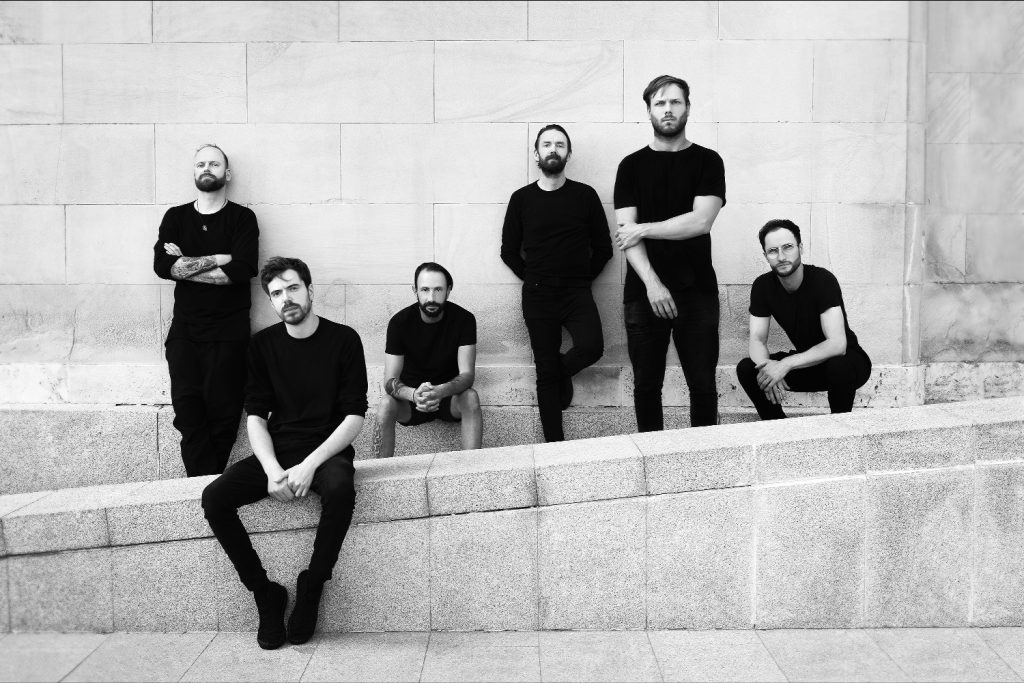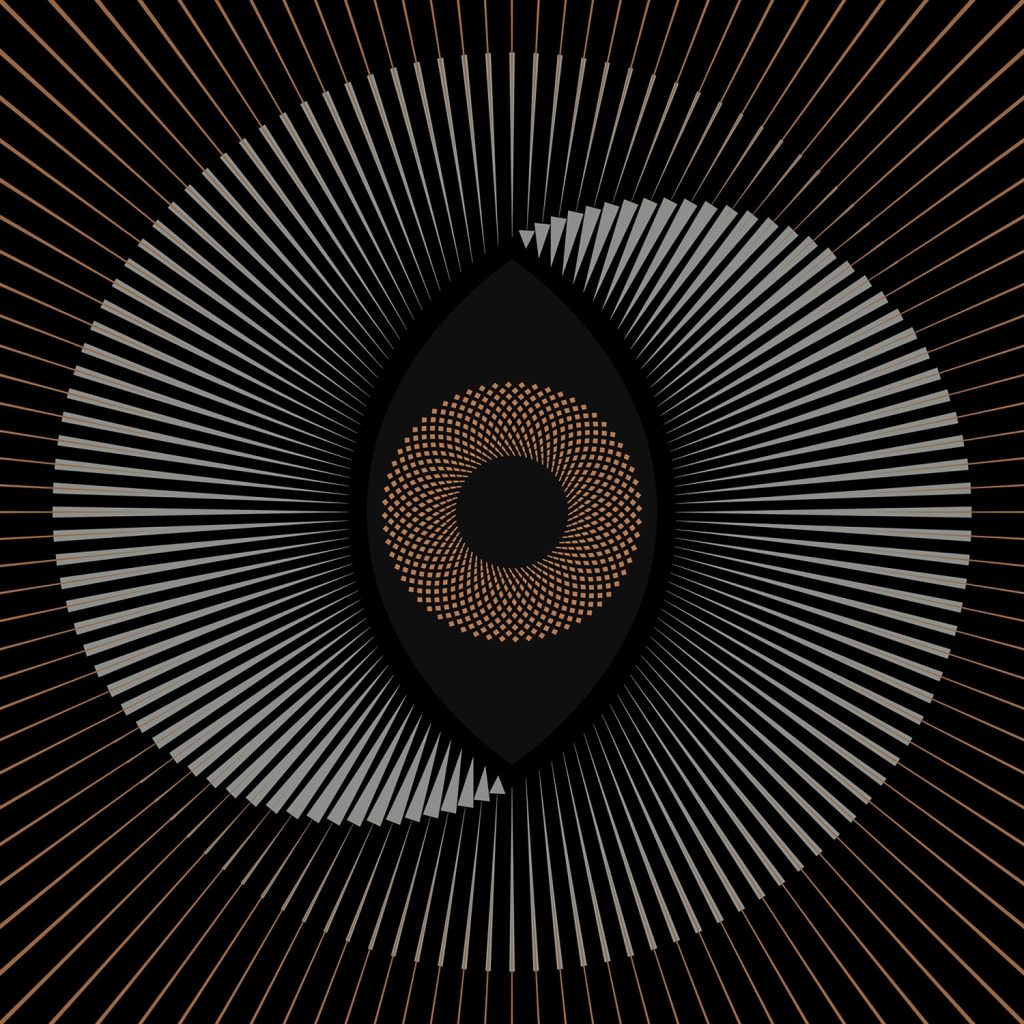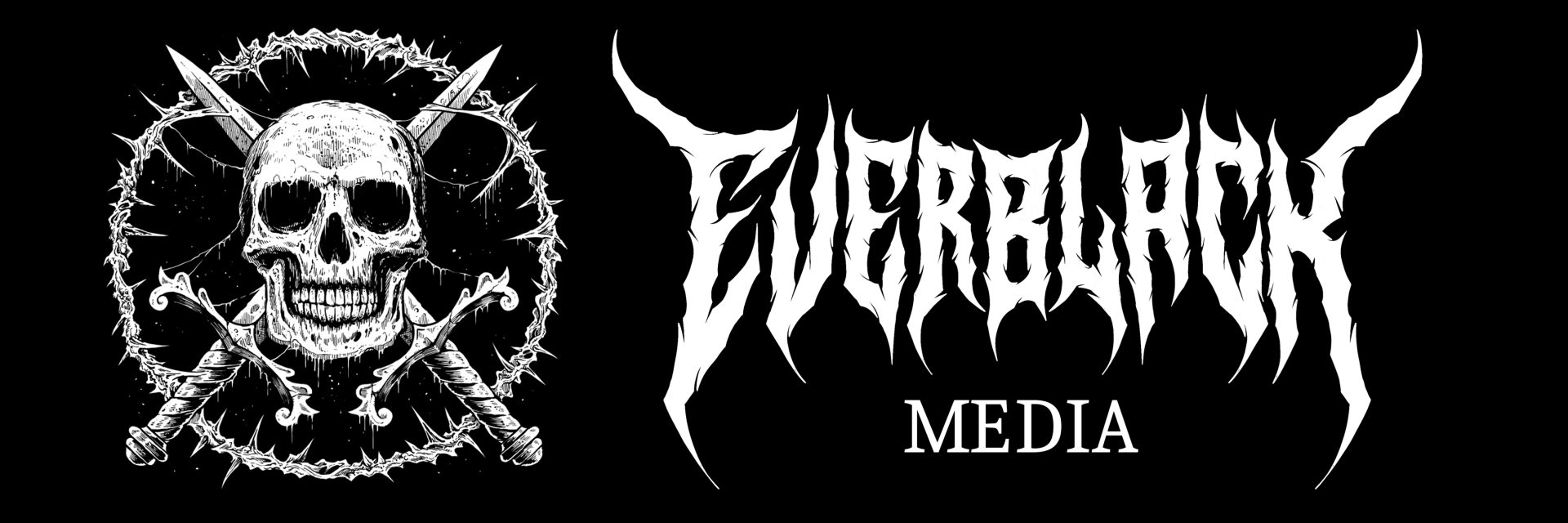
Berlin-based atmospheric post metal juggernaut The Ocean (Collective) have just released their new album, Holocene, on May 19.
Holocene is the follow-up to their critically acclaimed Phanerozoic double album and sees The Ocean add a closing chapter to their palaeontology-inspired album series, presenting a gear shift towards the electronic world while redefining heaviness at the same time.
The Everblack Podcast spoke to The Ocean mastermind Robin Staps about their latest album ‘Holocene’, wrapping up the long running Palaeontology-Inspired Album Series concept, Working with Adrian Shapiro from Lo! on the “Sea of Reeds” video, touring with Karnivool, future plans and more.
Watch/listen to the interview here:
2020’s Phanerozoic II ended with a track titled “Holocene”, and now it’s clear that this track was pointing in the direction of things to come, both conceptually and musically. The dark, synth-driven track Holocene ends abruptly and yet connects seamlessly with the beginning of the new album: the haunting synth sounds of opener “Preboreal”.
Listening to the album Holocene brings back familiar feelings: that wide open spaciousness found on the second half of Pelagial, those dark subdued delay-soaked melodies lingering underneath the aquatic surface all unmistakably carry the trademark of Staps’ ingenious writing – but there is also a new emphasis here: the distortion on the guitars is dialed back in favour of radiant synths and horns in every song, and Rossetti’s charismatic vocals remain mostly clean.
It is not until the end of the engrossing “Atlantic”, track 4 of the record, that the Berliners finally rip away this comfortable, brass-saturated oceanic blanket that they have wrapped around you until then and wake you up with what is probably the biggest riff of their career. By taking their time and holding back the inevitable explosion for so long, its impact is twice as devastating.
This track can serve as sort of an epitomization of the record as a whole: slow, long build-ups augmented by lush vibraphones and beckoning brass sections eventually lead to dramatic riff eruptions and cataclysmic breakdowns. The degree of polyphony on display here is immense, there are main melodies and sub-melodies lurking underneath the surface, and the same is true for the rhythmical side. Occasionally each member is straying away from the main path and following their own re- spective trails, blissfully getting lost at times, but always returning in the right moment and conver- ging into the force majeure that the group as a whole have become. The result is a listening experience that brings new discoveries even after the 10th listen.
Founded at the dawn of the millennium, the group of musicians helmed by guitarist Robin Staps shows no sign of slowing down even with over 20 years under their belt. Coming together around a shared vision of limitless sonic explora- tion and unrelenting heaviness, they gained a formidable reputation within the post rock, post metal, progressive metal & hardcore scenes.
Being revered as one of the most devastating live bands in contemporary heavy music, The Ocean became a regular fixture on the European festival circuit appearing on metal festivals like Hellfest, Wacken or Resurrection as well as mainstream rock open airs like Roskilde, Dour, Pukkelpop or Oya, as well as tastemakers’ indoor boutique festivals like Roadburn or Dunk!. Over the course of their storied career, the band have toured Europe, North America and Australia with artists such as Opeth, Mastodon, Mono, Cult of Luna, The Dillinger Escape Plan, Katatonia, Anathema, Between The Buried And Me and Devin Townsend.
The band’s own Pelagic Records has become one of the world’s leading labels for post-rock and post- metal, with a catalogue of over 230 physical releases since 2009.
Throughout the years, the music of The Ocean has become increasingly characterized by a distinct thoughtfulness and maturity, starting with their seminal 2007 album Precambrian, which marked the start of an album series inspired by Earth’s geological time scale. On the following Heliocentric (2010) and Anthropocentric (2010) the band presented a thorough critique of Christianity, but it was their 2013 album Pelagial that really blew everyone away: “a stunning concept album that takes listeners from the ocean’s surface to its deepest, darkest depths, with the music and lyrical themes — often doubling as metaphors for the human psyche — getting increasing heavier, weighty and claustrophobic as the album progresses. And oh, what a journey it is!”, MetalSucks raved.
Pelagial married an intricate narrative with unconventional songwriting, and was hailed as one of the best metal albums of the decade by publications such as Loudwire, MetalSucks, About and Visions.
Where the creativity other bands often wanes after producing such an opus magnum, The Ocean continued their streak of artistically impressive endeavors with another double album released in 2018 and 2020. Continuing their palaeontology-themed album series, the critically acclaimed Phanerozoic I and II saw the band grow musically as well as in terms of numbers with the addition of new members. David Åhfeldt (guitars), Mattias Hägerstrand (bass), Paul Seidel (drums) and Peter Voigtmann (synths) joined Staps and vocalist Loïc Rossetti after the release of Pelagial, and the fact that this lineup has remained stable until this very day has allowed the band to refine their sound and their live performance, becoming the tight behemoth that they are today. Their streaming concerts recorded during lockdown, performing Phanerozoic I and II in their entirety (part 2 for Roadburn Festival) and ambitiously released in 3LP + DVD format leave no doubt of their prowess as a seminal post-metal act.
The Ocean – ‘Holocene’ is out now via Pelagic Records.
Order here : https://listen.pelagic-records.com/theocean-holocene

